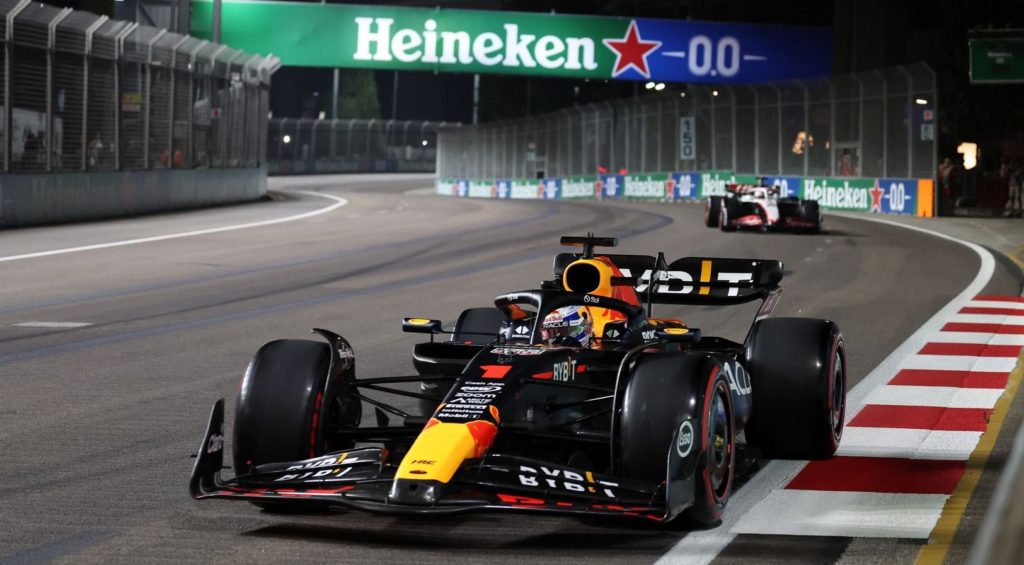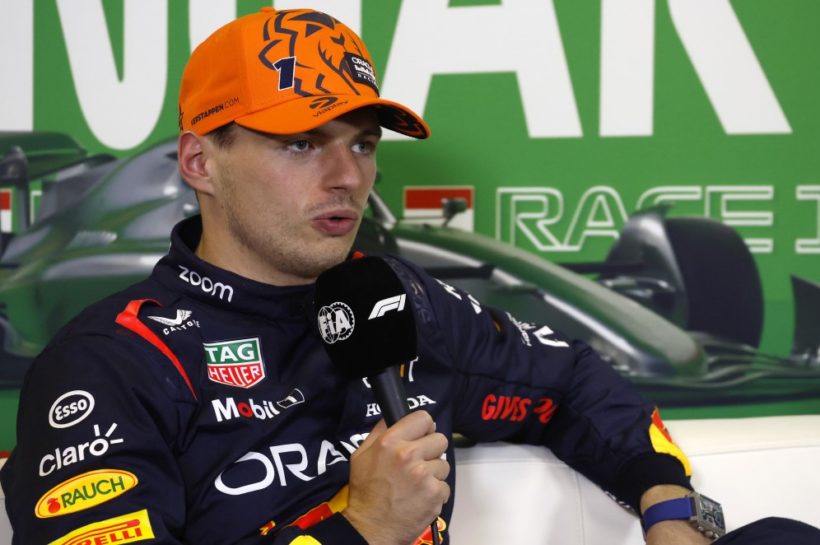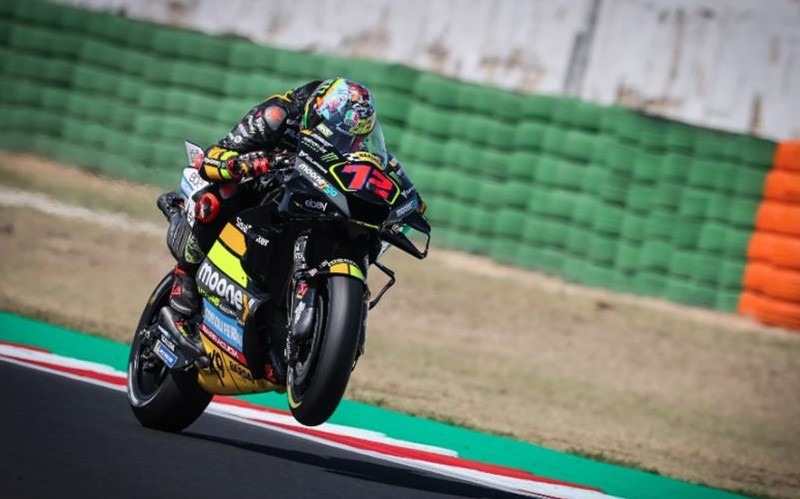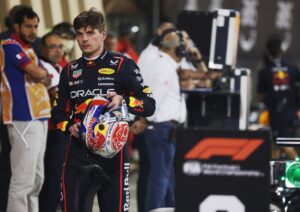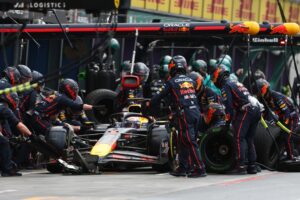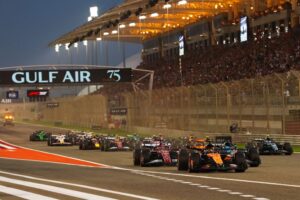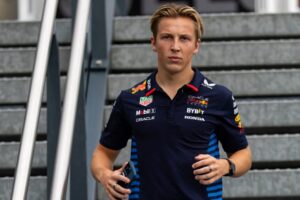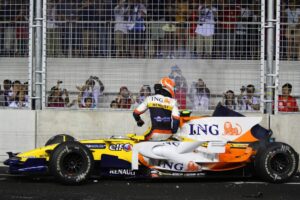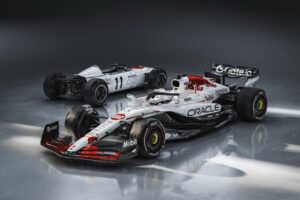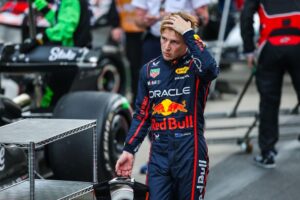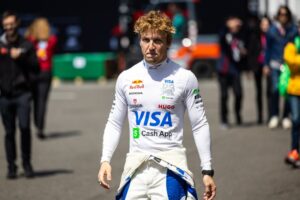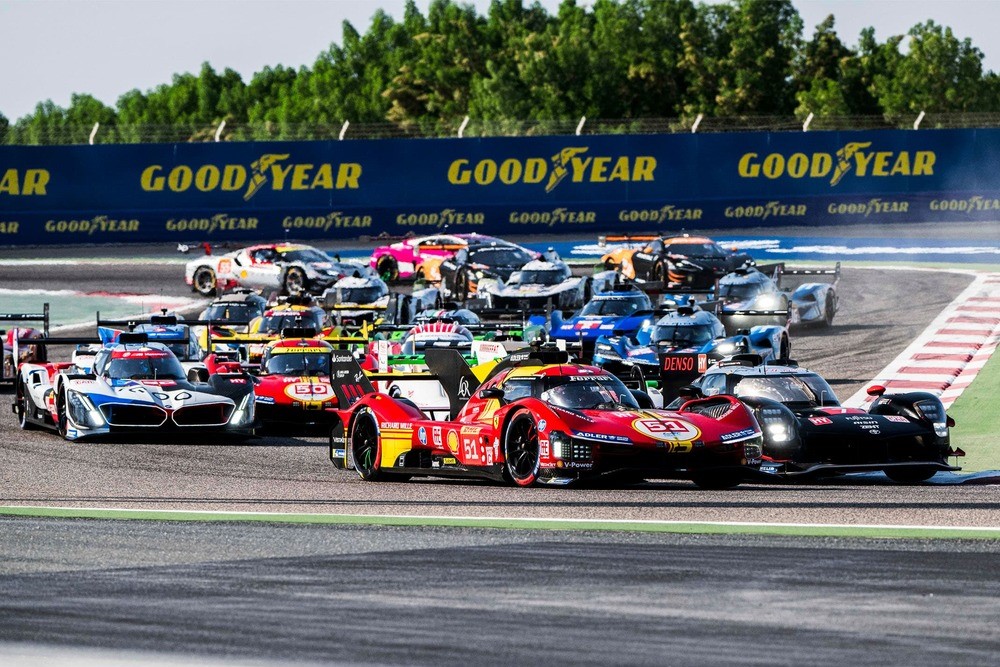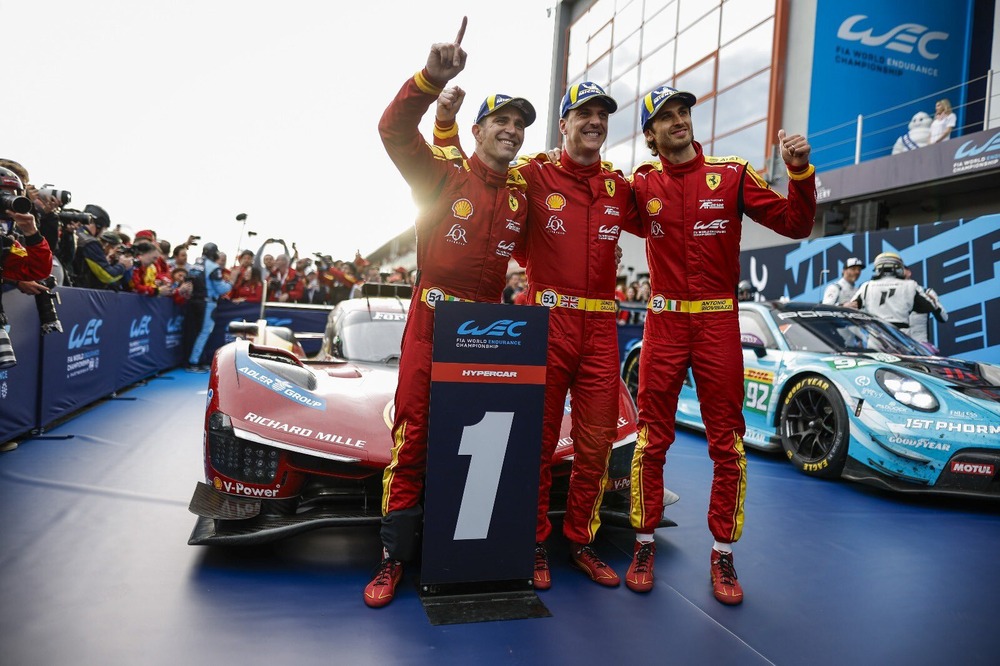The FIA has acknowledged that errors were made during the Singapore Grand Prix, with Max Verstappen taking advantage of a fortunate penalty evasion.
The stewards looked into three different incidents involving Verstappen impeding other drivers during qualifying last weekend. The Red Bull driver caused traffic in the pitlane, blocked Yuki Tsunoda and Logan Sargeant from the racetrack, and drew attention to his actions.
The reigning world champion was issued warnings for slowing down in the pitlane and impeding Tsunoda but avoided punishment for his incident with Sargeant. Additionally, Red Bull was penalized €5000 for neglecting to inform the driver on the precise location of the oncoming Tsunoda.
For obstructing Lance Stroll in Q1, Logan Sargeant avoided a grid drop as well. Williams was also penalised €5000 for poor communication.
Rival teams criticized the stewards decisions given that qualifying obstructions typically result in a three-place grid loss.
Verstappen and Sargeant both deserved grid drops for their individual violations, the FIA has now acknowledged.
Despite being made clear that the stewards are not required to consider previous judgments when coming to a conclusion, regardless of apparent precedent, it was decided that in each case the teams were primarily at fault rather than the drivers.
The decision goes against earlier statements that teams’ poor communication should not be utilized to lessen a grid penalty.
“It definitely sets a bit of a precedent and you want to have consistency across the board,” director of the Grand Prix Drivers Association George Russell said. “It seemed pretty, pretty clear cut with a number of those incidents.
“It was strange that they got away with that one. It didn’t really affect any results.
“But it doesn’t matter if you’re leading the championship or you’re last – if you get in somebody’s way you should be penalized for it.”
Matteo Perini, who acted as a steward in Singapore and will continue his duties this weekend, was present at the team managers’ meeting on Friday, where the topic was further discussed.
Perini said that after a review, Verstappen should have received a stiffer penalty for impeding Tsunoda. Despite the fact that there were additional factors in Sargeant’s case, it was agreed that he too should have received a grid drop.
Perini emphasized that the rulings would not set a precedent going forward and that the absence of radio communication should not serve as a defense to avoid stiffer penalties for a driver.
Since there is no law that specifically forbids stopping in the pitlane, the stewards stand by their decision to just fine Verstappen for his actions. Teams are now believed to have supported the introduction of a rule intended to prevent a recurrence of the incident.
Despite the fact that the FIA has admitted fault and given teams more details about the matter, it is still unclear how Verstappen’s race would have been affected by a grid penalty. The Dutchman would have started from 14th and ended up in the middle of Singapore’s midfield battle if the usual three-place drop had been applied.
Although it is impossible to foresee the outcome in such a different scenario, it goes without saying that the Red Bull driver’s recovery to fifth would have been a bigger challenge and might have given lower midfield teams a crucial opportunity to score points.

